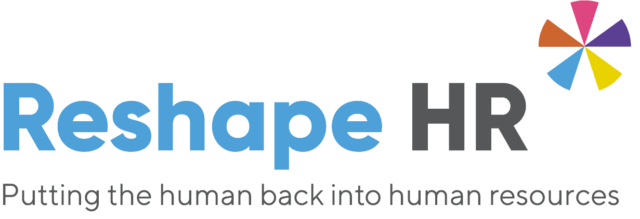Background
Migraine Awareness Week is celebrated nationally on an annual basis. It seeks to raise awareness of migraines as a serious public health issue and to reduce stigma and is organised by The Migraine Trust.
The Migraine Trust was founded in 1965 and are focused on helping people who are affected by migraines. According to The Migraine Trust: “The Migraine Trust is dedicated to helping people affected by migraine. We are the only UK migraine charity providing information and support, campaigning for awareness and change, and funding and promoting research.
One in seven million people in the UK live with migraine, and this complex and debilitating neurological disorder significantly affects their lives.”
This year Migraine Awareness Week will place from the 5th – 10th September 2022. The hashtag which will being used this year will be #MigraineAwarenessWeek2022.
What is a Migraine?
According to the NHS: “A migraine is usually a moderate or severe headache felt as a throbbing pain on 1 side of the head. Many people also have symptoms such as feeling sick, being sick and increased sensitivity to light and sound.
Migraine is a common health condition, affecting around 1 in every 5 women and around 1 in every 15 men. They usually begin in early adulthood.”
The NHS further states about the different types of migraine: “There are several types of migraine, including:
- Migraine with aura – where there are specific warning signs just before the migraine begins, such as seeing flashing lights.
- Migraine without aura – the most common type, where the migraine happens without the specific warning signs.
- Migraine aura without headache, also known as silent migraine – where an aura or other migraine symptoms are experienced, but a headache does not develop.”
How can I raise awareness of Migraine Awareness Week?
Raising awareness is simple and straightforward:
- Sharing on social media – by sharing this article and other articles and information about migraines and why Migraine Awareness Week is important and to help raise awareness.
- Sharing experiences – most of us during our lifetime will have suffered from migraine(s), and so it is important to share our experience in the event it aids another individual.

